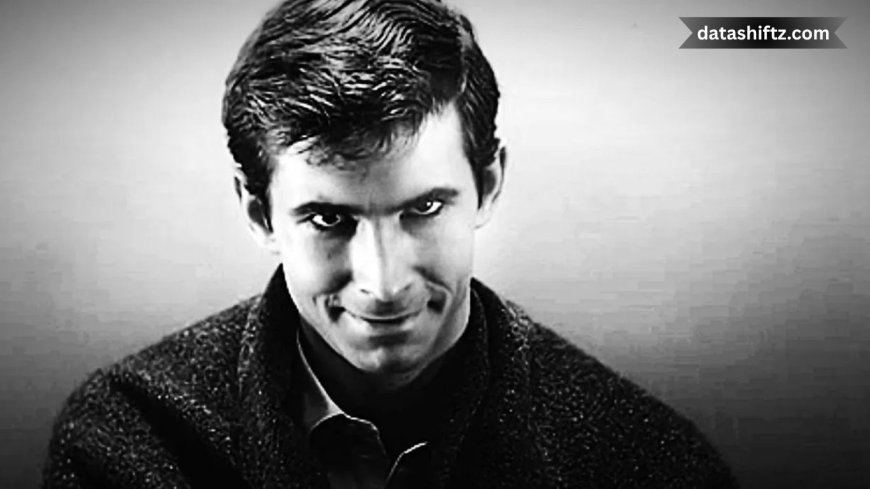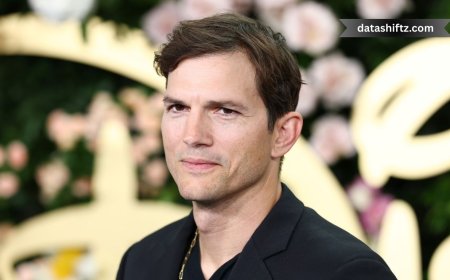Anthony Perkins: The Iconic Actor Behind Norman Bates

Anthony Perkins remains one of Hollywood’s most memorable and enigmatic actors, forever immortalized for his portrayal of Norman Bates in Alfred Hitchcock’s classic thriller Psycho (1960). Though often typecast because of this role, Perkins enjoyed a diverse and accomplished career in film, television, and theater. This article delves into the life, career, and legacy of Anthony Perkins, exploring how he became a cultural icon and a beloved figure in American cinema.
Early Life and Career Beginnings
Born on April 4, 1932, in New York City, Anthony Perkins was destined for a life in the arts. His parents were both actors, which influenced his early introduction to the world of performance.
Childhood and Education
Perkins grew up in a creative household, fostering his love for acting from a young age. He attended Columbia University, where he studied art history and acting, balancing academics with burgeoning theater interests.
Early Acting Roles
Perkins made his film debut in the late 1940s, but it wasn’t until the mid-1950s that his career began to gain momentum. His early roles often cast him as sensitive, introspective characters—a stark contrast to his later infamous role as the disturbed Norman Bates.
The Rise to Fame: Psycho and Beyond
The turning point in Perkins’s career came with his casting in Alfred Hitchcock’s Psycho. This role would define his public persona and influence his career trajectory for decades.
The Role of Norman Bates
In Psycho (1960), Perkins delivered a chilling and unforgettable performance as Norman Bates, a deeply troubled motel owner with a dark secret. His portrayal was both sympathetic and terrifying, earning critical acclaim and cementing his place in film history.
Impact of Psycho on Perkins’s Career
While Psycho brought fame, it also led to typecasting, with many producers associating Perkins exclusively with psychologically complex or villainous roles. Despite this, Perkins sought to diversify his roles, appearing in musicals, dramas, and comedies.
Films and Roles of Anthony Perkins
| Year | Film Title | Role | Genre | Notable Facts |
|---|---|---|---|---|
| 1955 | Friendly Persuasion | Tony | Drama | First major film role; Academy Award nomination |
| 1960 | Psycho | Norman Bates | Thriller/Horror | Iconic role, career-defining |
| 1963 | The Trial | Josef K. | Drama | Adaptation of Franz Kafka’s novel |
| 1967 | Catch-22 | Captain John Yossarian | War/Comedy | Based on Joseph Heller’s novel |
| 1973 | Murder on the Orient Express | Hector MacQueen | Mystery | Star-studded ensemble cast |
Life Beyond the Screen
Perkins was much more than just Norman Bates. His personal life, interests, and contributions to the arts paint a fuller picture of the man behind the screen.
Personal Life and Challenges
Anthony Perkins’s life was marked by both triumph and struggle. He was married to Berry Berenson and was a devoted father. Despite battling his own personal demons, including struggles with his sexuality and health, Perkins maintained a dignified and private personal life.
Contributions to Theater and Music
Apart from film, Perkins was active in theater, performing in numerous stage productions throughout his career. He was also a talented singer and released several albums, showcasing his versatility as an artist.
Highlights of Anthony Perkins’s Career and Legacy
-
Academy Award Nominee for Friendly Persuasion (1955)
-
Revolutionized the horror genre with Psycho (1960)
-
Diverse roles across genres including drama, comedy, and war films
-
Successful stage actor with performances on Broadway and in regional theater
-
Musical recordings demonstrating his singing talents
-
Enduring cultural icon, influencing horror and thriller genres for generations
-
Advocate for privacy and dignity despite public scrutiny of his personal life
The Enduring Legacy of Anthony Perkins
Though Anthony Perkins passed away in 1992, his influence on cinema and popular culture endures.
Influence on Horror and Thriller Genres
Norman Bates remains one of the most psychologically complex villains in film history. Perkins’s portrayal set a new standard for character-driven horror, inspiring countless actors and filmmakers.
Recognition and Tributes
Numerous retrospectives and film festivals continue to celebrate Perkins’s work. His performances are studied in acting classes, and Psycho remains a staple in the horror canon.
Final Thoughts
Anthony Perkins exemplifies the complexity of Hollywood stardom—both celebrated and misunderstood. His legacy is not just that of a singular iconic role but also that of an artist who continually pushed his boundaries, leaving an indelible mark on film history.






























